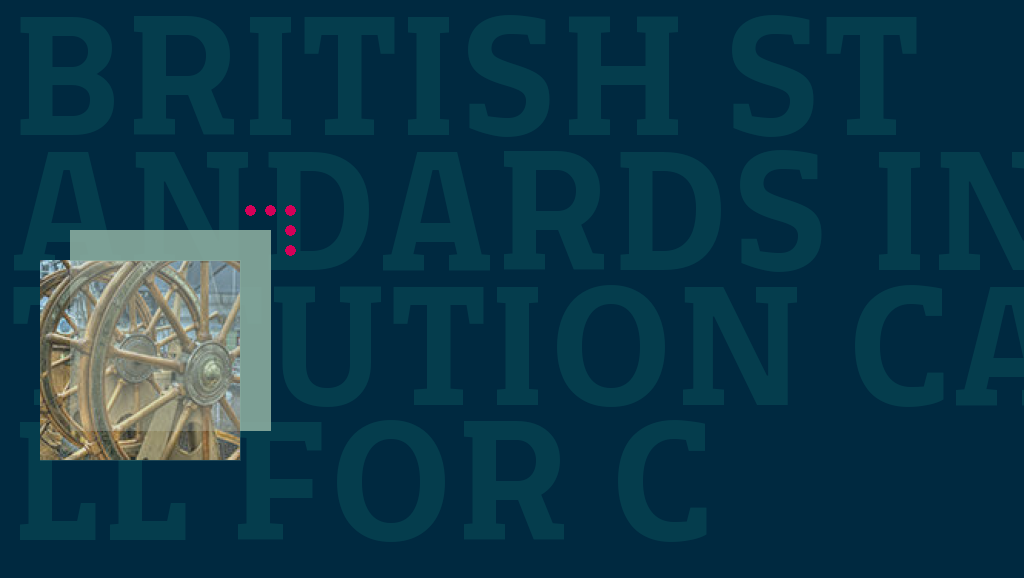The British Standards Institute (BSI) has recently published a draft and call for comments for a forthcoming standard for Responsible Innovation. Comments can be made (after free registration) until 29 October 2019 as part of a typical timeline for the development of a published Standard.
The draft document is published through the BSI website with a view to receiving comments before amendments to the draft and publication in 2020. Download it here1.
The role of the BSI is described on the website as the UK’s National Standards Body (NSB), representing UK economic and social interests across all European and international standards organizations. Working with many different industries, businesses, governments and consumers to develop British, European and international standards, that are developed by dedicated panels of experts, within technical committees.
A standard undergoes various stages of development, beginning with the Proposal stage, which is aimed at affirming the market need for a standard. Once a proposal for a standard is approved, the relevant panel of experts in the area is tasked with drafting the standard, as per internationally agreed principles of standards development.
As soon as a draft is mature enough, it undergoes public consultation when it is made available for anyone to view and comment (Public comment stage). Every public comment BSI receives on a draft standard is considered by the relevant panel of experts and BSI staff and the final published standard is updated as appropriate.
Following public consultation and before a draft can become a published standard, it undergoes further edits until the panel is satisfied with its quality and only when consensus has been reached.
The brief of the publication states:
This Publicly Available Specification (PAS) provides a framework for a new approach for companies and innovators who wish to innovate responsibly and to demonstrate their responsible behaviour to all stakeholders, including customers, scientists/innovators, regulators/policy makers, financiers investing in innovative technologies, suppliers and the broader business community in the UK. Without innovation, defined here as the successful transformation of ideas into viable products, processes, services and business models, companies cannot survive and their product offerings cease to be available.
Those wishing to carry out this process in a responsible way want to see the positive results of their innovations come forward while minimizing unintended or unforeseen negative consequences. This PAS provides guidance on how to manage the societal aspects of this process.This PAS is not applicable to the very early stages of research, often being done in a university, where this is covered by university ethics committees and research funders; it is also not intended to be a substitute for compliance with existing regulation.
The focus of this PAS is on any aspect of research and development that could affect the final properties of the innovation in use. Applied iteratively, it should include any changes made during downstream development and also adaptations made after market launch. It provides guidance for responsibly creating new products, processes or services, particularly where a technology is likely to be disruptive of existing business models or value chains, where regulatory systems have not yet been formalized or where there is expected to be strong public interest or divergent public opinions.
This PAS is intended to support responsible behaviour by all relevant actors within an innovation ecosystem, by helping them structure their thinking and guide their actions, in the area of responsible innovation. It is relevant to companies and individuals taking new products, services or processes to market, and will be of interest to an innovating company’s wider stakeholders as defined in 3.10.BS ISO 26000 provides a useful starting point for considering the organization-level requirements of RI and has already been adopted by many companies. It was developed in response to citizens’ expectations that company behaviour takes account of the need to ensure healthy ecosystems, social equity and good organizational governance, particularly with a view to contributing to sustainable development.
BS ISO 26000 relates to all existing activities undertaken by a particular enterprise; PAS 440 relates to new innovations (new products, processes, services or business models) being developed by an organization.
RI contributes to the Europe 2020 Strategy on the creation of “a smarter, greener economy where our prosperity will come from research and innovation … [and] research and innovation must respond to the needs and ambitions of society, reflect its values and be responsible”.
We at the Foundation would urge interested readers to take a look at the draft and register any thoughts.
—————–
















